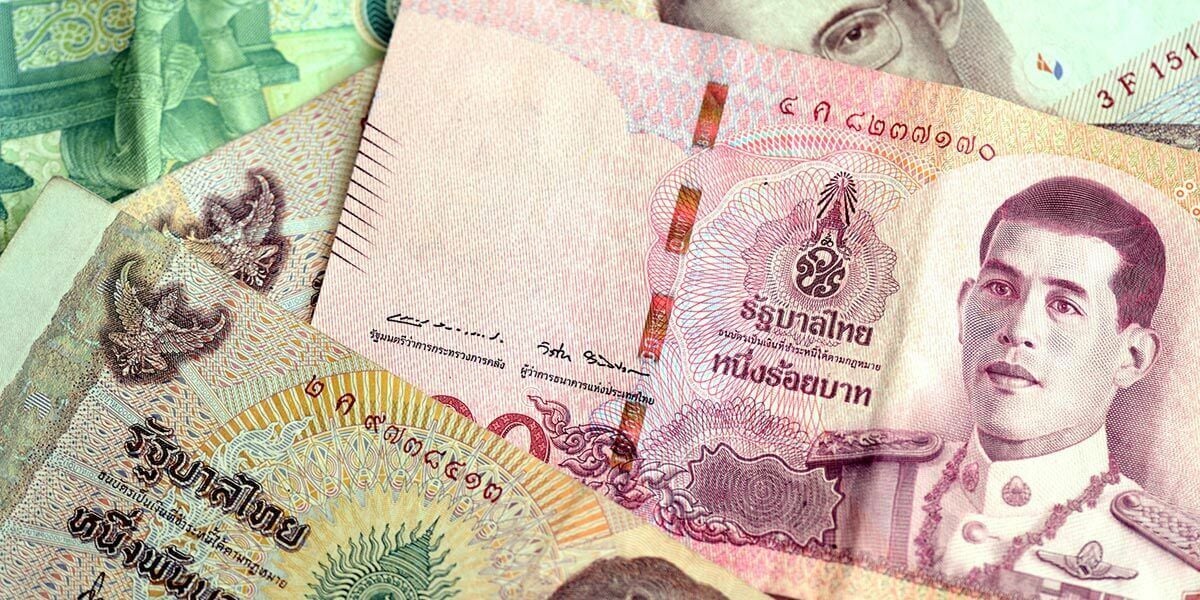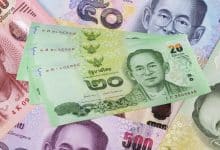Thai baht rally faces threats amid political drama and bank policy

Thailand’s recent baht rally faces a rocky road as the country dives into political chaos just before the central bank’s policy meeting this week.
Since July, the baht has been a star performer, climbing up the ranks as tourism bounced back from a near two-year low against the US dollar in May. But this impressive upswing could be at risk due to the latest political turmoil.
The drama peaked with Paetongtarn Shinawatra clinching the prime minister’s seat, while her predecessor, Srettha Thavisin, was ousted by the court, stated Jeffrey Zhang, emerging markets strategist at Credit Agricole CIB HK Branch.
“We maintain our bearish view on the baht, looking at 36.0 by year-end.
“Thailand’s growth could still struggle to get back to trend, and we see a risk of a lower neutral rate given the long-term structural growth impediments.”
Technically, the baht’s recent gains against the dollar appear vulnerable. A momentum indicator shows the currency pair in oversold territory, with some forecasters predicting it could weaken to 37.5 per dollar by year-end. The baht closed at 34.6 yesterday, reported Bangkok Post.
Interest rates
Traders are now focusing on the Bank of Thailand’s policy decision this week, with expectations that the central bank will maintain interest rates at 2.50%. The narrowing yield differentials between Thailand and the United States, as markets anticipate possible Federal Reserve interest-rate cuts in September, could provide some support for the baht.
However, even if the central bank keeps rates unchanged, this may not be sufficient to prevent the baht from weakening in the short term due to ongoing political issues, said Moh Siong Sim, an FX strategist at the Bank of Singapore, who forecasts the currency moving toward 36.0 per dollar by the end of this quarter
“After recent strong gains, the baht could face resistance to additional strengthening. US election risks could see the dollar strengthening back, especially under a Trump 2.0 scenario.”
Concerns about Thailand’s high household debt and its investment appeal remain significant for market observers. Paetongtarn, daughter of former leader Thaksin Shinawatra, has been an advocate for lower interest rates and has criticised the central bank as an obstacle to resolving the country’s economic issues.
Additionally, reports are suggesting that the new government may abandon a digital cash handout programme, wrote Shreya Sodhani, a regional economist at Barclays, in a client note yesterday, August 18.
“With Paetongtarn securing enough votes for PM, political uncertainty has dissipated for now. We now expect the digital wallet plan to be scrapped, which would imply that the full-year 2025 budget faces some delay.”
Latest Thailand News
Follow The Thaiger on Google News:


























